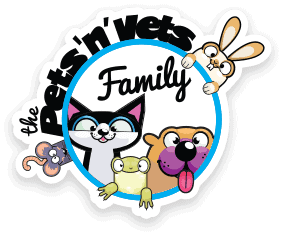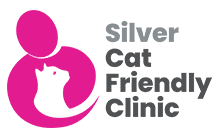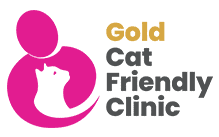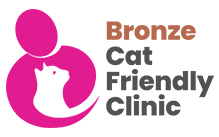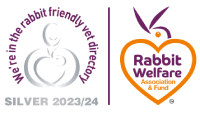Ask most veterinary practices and they will tell you that their Registered Veterinary Nurses (RVNs) are at the very heart of everything they do. Such is the respect for RVNs that a whole month is dedicated to celebrating their roles – Veterinary Nurse Awareness Month takes place every May and is recognised worldwide.
Whilst the role of a vet nurse is centred around the care and treatment of poorly animals, they also spend a significant amount of their time with pet owners, offering support, advice and guidance.
A day in the life of a vet nurse can be incredibly varied, from assisting a vet surgeon with scheduled clinical or surgical work, to running nurse clinics for specific patient concerns, e.g. weight management and responding to emergencies. They may even assist with front of house duties from time to time, if needed. Everything a vet nurse does is carried out with the patient's need at the heart of what they do.
The title of Registered Veterinary Nurse (RVN) can only be used by nurses who have undergone extensive training, education and passed the required assessments to be added to the register of veterinary nurses held by the Royal College of Veterinary Surgeons (RCVS).
By being on the register, they agree to adhere to the professional code of conduct and work within this. Surprisingly the title Veterinary Nurse is not protected, and this means anyone, qualified or unqualified, can call themselves a veterinary nurse. RVN is a title nurses use with pride, and rightly so, for it takes several years to be able to use those post-nominals.
As well as the clinical element of their role, RVNs will also prepare an animal for surgery, change dressings, administer fluids and medication, monitor anaesthesia and vital signs and take blood and urine samples. Most of this is done under Schedule 3 of the Veterinary Surgeon's Act, and tasks such as blood sampling can only be performed by an RVN or a student registered with the RCVS.
Nurse clinics may include information around nutrition, dental care, or senior pet ownership, while services such as nail clipping and vaccination boosters often sit within a nurse's remit. Many nurses take ownership of their nurse clinic and enjoy the bond they build with their patients and their owners.
Studying to become an RVN
To qualify as an RVN, candidates can choose to study for a university degree, a level 3 college diploma or apply for an apprenticeship at a participating veterinary practice. Entry requirements vary, but previous experience, like formal work experience, is valued.
All courses must be accredited by the Royal College of Veterinary Surgeons (RCVS) and include multiple practice-based placements working alongside qualified veterinary professionals.
Student veterinary nurses (SVNs) must enrol with the RCVS to legally carry out some of the nursing procedures needed for their training. Once nurses are qualified and have completed their necessary training hours, they will then be able to register with the RCVS as an RVN.
For further information, visit the National Careers website
